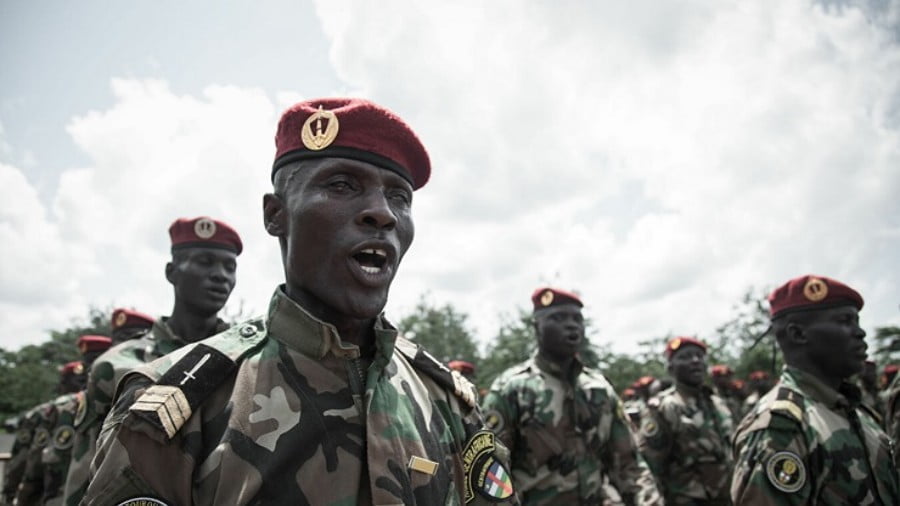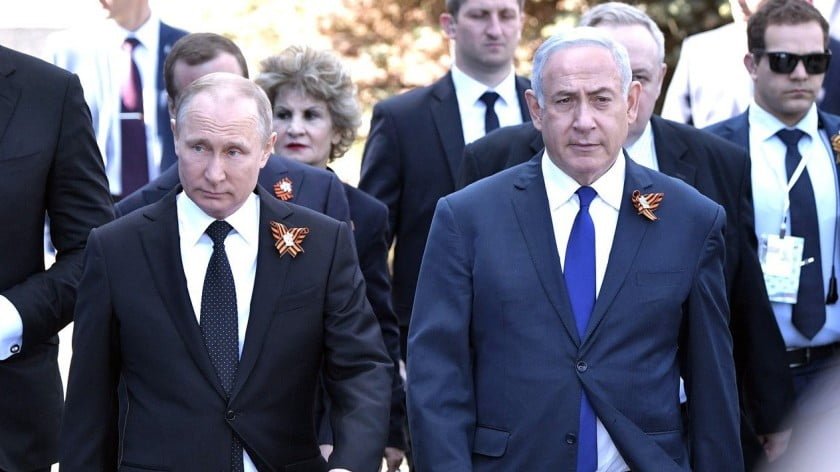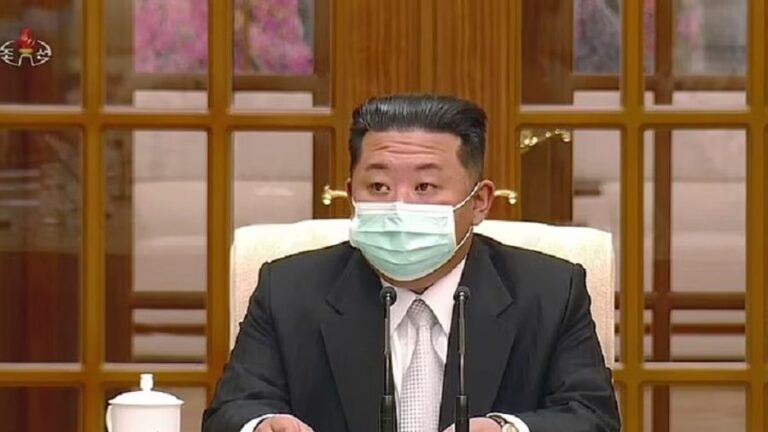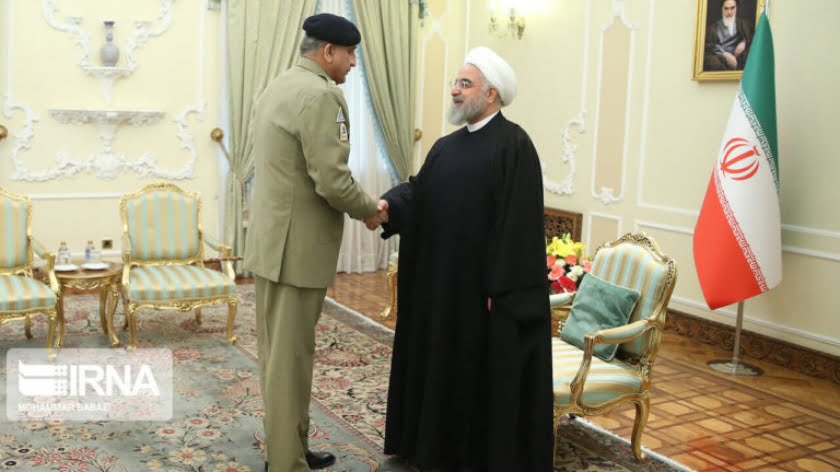Conflict in Central Africa
The Constitutional Court of the Central African Republic announced the results of the presidential elections in the country, which were held within the time frame set by the Constitution of the country – December 27, 2020. The current president remains the head of state. Faustin-Archange Touadéra, who, according to figures announced by the National Electoral Commission on January 4 of this year, won 53.9 percent of the vote in the first round, with 76 percent of registered CAR voters participating in the election. In second place is URCA party leader Anicet-Georges Dologuélé (former prime minister) with 21.01%, followed by Martin Ziguélé in third place with 7.46%. The remaining 14 candidates received either slightly more or less than 1% of the vote. Thus, Touadéra has already won in the first round, and there will be no second round, which the opposition and a number of outside forces had hoped for. In the hope that the opposition parties will put up a single candidate in the second round and be able to get a majority of votes.
The complexity of this election was the fact that 19 political parties united against the acting president of the CAR with the support of outside forces, primarily France. They had one thing in common: the desire to prevent by all means the re-election of Touadéra, whom many oppositionists and Western countries accused of being too focused on Russia, which is, by the way, simply not true. The CAR receives aid, including military aid, from everyone – Russia, China, the United States, France, the EU, and African countries. And soldiers, gendarmes and police officers of this country are trained not only by instructors from the Russian Federation, but also by the EU. There is a European military training mission of about 250 officers from European Union countries, almost half of whom are French. And economic aid comes from these same countries and organizations. It generates most of the budget revenue. Touadéra, in addition to Russia, regularly visits Paris and Brussels.
While Moscow does not impose a system of political structure on Bangui, the EU, France and the US do so rather unceremoniously, which irritates a large part of the CAR population. Thus, throughout the spring of 2020, the EU, France, and the US actually resorted to blackmailing the country’s authorities when the ruling MCU party tried to introduce force majeure constitutional amendments in connection with the COVID epidemic and the difficult domestic political situation. They would have allowed elections to be postponed without introducing a transition period, which in the CAR has always ended in disaster and powerlessness. There was pressure not only on the president, but also on the parliament and the Constitutional Court. In the end, the authorities chose not to make corrections because Western countries threatened to cut off financial aid. And the election fund, by the way, received the bulk of the funds from the EU and a number of Western countries, and it was placed under the actual management of the United Nations Development Programme (UNDP). So all the subsequent attacks on Russia, which was accused of manipulating the election, are simply inappropriate against this background.
After two attempts to stage a coup and riots to throw off the Touadéra government in May-July 2019, the opposition and outside forces, convinced of the futility of this, decided to change tactics by returning former President François Bozizé, who is personally responsible for the collapse of the CAR statehood, army and security structures in 2013, when rebels of the Seleka Muslim coalition seized Bangui without a fight and carried out a massacre in the capital of the country, to the end of 2019. Bozizé himself cowardly fled abroad, abandoning his people. He has also massacred civilians himself, for which he was put on the UN sanctions list for his crimes. When he returned to the CAR, he began to behave as if he were equal in status to the acting president. His KNK party, the second most influential in parliament and the country, began to forge a coalition of opponents hostile to Touadéra, backed by outside forces. However, contradictions between politicians and personal ambitions prevented them from nominating a single candidate for the presidential election. In the summer of 2020, the coalition was reformatted into the COD-2020 (Coalition of Democratic Opposition), which included the leaders of all the leading opposition parties. François Bozizé and Anicet-Georges Dologuélé were in the leading roles.
The fall of 2020 was a hectic one. KNK members and former army officers under Bozizé tried to organize speeches and riots. But the CAR authorities did not resort to the use of force against unlawful demonstrations, acting solely on the basis of the law by prohibiting unauthorized demonstrations. And on December 3, 2020, the expected happened: Bozizé was removed from the list of candidates for the post of head of state by a decision of the Constitutional Court of the CAR. He could not prove that he came to the country a year before the elections (which is a requirement of the Constitution), his moral qualities were found to be inconsistent with such a high position, the presence of his name on the UN sanctions list (extended in July 2020) called into question the recognition of this figure by the international community.
And this was where Touadéra made a mistake – instead of arresting Bozizé, which logically followed from the UN decisions on the sanctions list, and putting him before the ICC, the head of state did not stop him when he left the capital for the northwest of the CAR, where most of his supporters live, and, moreover, did not act when Bozizé started to assemble forces in Markounda near Kaga-Bandoro for an armed march to Bangui in order to overthrow Touadéra and the legitimate government, introduce a transition period, and become president himself in a new election. He held meetings with the leaders of several opposition parties and three armed groups that signed a political agreement on national reconciliation on February 9, 2019. The Coalition of Patriots for Change (CPC), made up of armed rabble that began to march on Bangui, has been slowly forming. On December 14, Dologuélé, who had previously held moderate positions, came to see Bozizé and, in response to the former’s appeal, agreed to enter into an alliance with him in exchange for the votes of the KNK’s supporters. In doing so, he de facto joined the military rebellion.
Armed militants initially advanced rapidly towards Bangui and came close to the capital, blockading it from three sides. The fact is that the army, reconstituted in two years, was well trained and armed, but had no experience of combat operations. And the militants, many of whom are former military or mercenaries from Chad and Sudan, well armed with modern weapons smuggled in at the expense of Bozizé and foreign forces, had experience in warfare and are well versed in guerrilla fighting methods. They walked to Bangui on foot along the forest trails used by the Pehl tribes to move their cattle. Under these circumstances, Touadéra requested assistance from Russia and Rwanda, which, with notification from the UN Security Council Sanctions Committee, sent 300 military instructors and 300 troops, respectively, to the CAR. In addition, the Russian Federation has sent four MI-8 attack helicopters to the country. In early January of this year, the militants’ advance was halted, although they quietly infiltrated UN peacekeeping posts from Pakistan and Mauritania, which shied away from confronting them as “brothers” in faith. After all, the backbone of the CPC were Muslim armed groups and mercenaries from Chad and Sudan of the Islamic faith. Moreover, Mauritanians and Pakistanis were selling ammunition to the militants.
The position of the leadership of the UN Multidimensional Integrated Stabilization Mission in the Central African Republic (MINUSCA), which employs over 12,000 people and annually spends $1 billion on its maintenance, was also strange – they had no right to participate in suppression of armed rebellion against the legitimate authorities, but must only protect civilians from violence. It was only when the militants began to attack UN peacekeepers, killing five by January 15, that the latter began to respond and conduct forceful operations, albeit not very actively. In addition, MINUSCA delayed the operation to unblock the road from Cameroon to Bangui, which supplies food and medical supplies to Bangui and other cities. Under these circumstances, with the support of Russian instructors and the Rwandan military, the CAR army launched counterattacks against the militants in Mbayiki, Boali and Damarra, pushing them back 120-150 km from the capital. The city has been unblocked.
Then the Patriots decided to sow panic and chaos in Bangui by trying to hit army positions from three directions – north and northwest. Early in the morning of January 13, dozens of rebels began entering the outskirts of the capital. But they were expected. After suffering heavy losses (42 insurgents killed, 6 taken prisoner) and losing their weapons, they were completely wiped out during the day. Another unit was surrounded and destroyed near Boali on January 15. It consisted mainly of Sudanese and Chadian mercenaries. They planned to infiltrate Bangui on January 16-17 to sow panic on the eve of the Constitutional Court’s decision on the election results.
Right now the insurgents are in a disarray. F. Bozizé lost support and is hiding in the Kaga-Bandoro area. Dologuélé tried to distance himself from him by issuing a statement condemning the violence and attacks on the peacekeepers. But his signature, along with others, is on a statement of non-recognition of the election results. This means, he is an accomplice to the rebellion, as are a number of other oppositionists. The leader of the largest armed group, UPC Ali Darassa (of Nigerian descent), is swinging between Grimmari, Sibut and Bambari, and never officially joining the Patriots. His forces, which are no more than 600 militants, are not enough for anything serious. Yet he will still have to answer for the violation of the Khartoum peace accords. All the more so because, along with Bozizé, he is also on the UN sanctions list.
On the whole, the rebels miscalculated their forces and failed to account for the possible help of the CAR’s international partners, Russia and Rwanda. It is only a matter of time before they are completely defeated. Especially since Touadéra has been declared the legitimate president of the CAR since January 19, and all countries, including France, will accept the decision of the Constitutional Court. And then there will be a period of economic recovery, without which there can be no lasting peace in this country. Russia intends to take a very active part in this.







